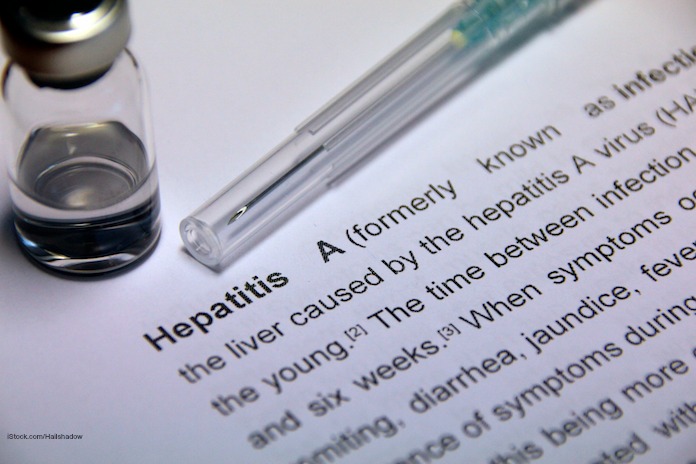A worker at the McDonald’s of Kahala restaurant at 4618 Kilauea Avenue in Honolulu, Oahu has been diagnosed with hepatitis A, according to the Hawaii Department of Health. This announcement was made on the page that agency established for updates on the hepatitis A outbreak that has sickened almost 300 people in that state.

Those sickened ate raw scallops at Genki Sushi restaurants that were imported from the Philippines. The outbreak has slowed considerably in the past few weeks.
The food worker at McDonald’s worked September 20-21, 23-24, 27-28, and October 1, 4-5, 7 and 11, 2016. If you ate or drank anything at that restaurant on those days, you may have been exposed to hepatitis A.
State Epidemiologist Dr. Sarah Park said in a statement, “This case was identified and reported to us later in their illness, but had their symptom onset within the 50-day maximum incubation period from the date the scallops were embargoed. The department will continue to investigate all reported cases of hepatitis A and remain alert for other late-presenting cases as well as secondary cases.”
Since the hepatitis A vaccination and immune globulin vaccinations are only good if given within two weeks of exposure, only people who ate there on October 7 and 11, 2016 are eligible for these preventive measures. Anyone who ate there any of the other dates can only monitor themselves for the symptoms of hepatitis A.
Those symptoms include jaundice (yellowing of the eyes and skin), lethargy, fatigue, weight loss, loss of appetite, fever, joint paint, clay colored stools, and dark urine. This illness usually goes away without medical intervention, but people who are sick can be ill for months.
People who can develop serious complications from a hepatitis A infection include the elderly, those with compromised immune systems, and people with liver disease. If you do get sick, see your doctor.
The best way to prevent the spread of this illness is to stay home if you are sick, and to wash your hands well with soap and water after using the bathroom, before preparing food for others, and after caring for someone who is ill. The virus is very contagious and is spread through the fecal-oral route.




